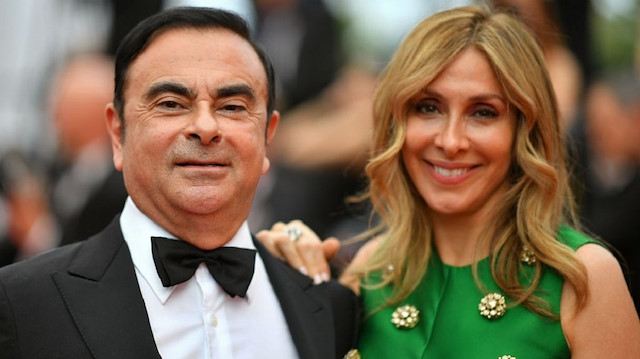
Ordinary citizens - and media - often equate arrest with guilt.
"Japan is a country that respects authority and I think most people assume that when somebody is arrested, that there's a reason for that," Givens said.
"Media ... are of that view - although I do think that some of the mainstream media are beginning to ask questions and present other views."
Prosecutors have defended the system.
"Each country has its own culture and systems," said Shin Kukimoto, a deputy public prosecutor, at a news conference in December.
"I'm not sure it's right to criticise other systems simply because they are different."
High-profile cases involving forced confessions periodically attract public attention, although no outcry has been sustained.
In a possible sign the issue was creeping onto the public radar even before Ghosn's arrest, a private broadcaster launched in 2016 a television drama called "99.9 Criminal Lawyers" about defence lawyers fighting the odds against acquittal. The title refers to the conviction rate.
Still, there is caution over prospects for change.
"I'm sceptical and it depends on what you mean by 'change'," said Colin Jones, a law professor at Kyoto's Doshisha University.
"Courts are institutionally subject to foreign pressure. The trend has been a gradual increase in the rejection of detention warrants and we might see a trend toward incremental change," he said. ($1 = 111.8100 yen)














